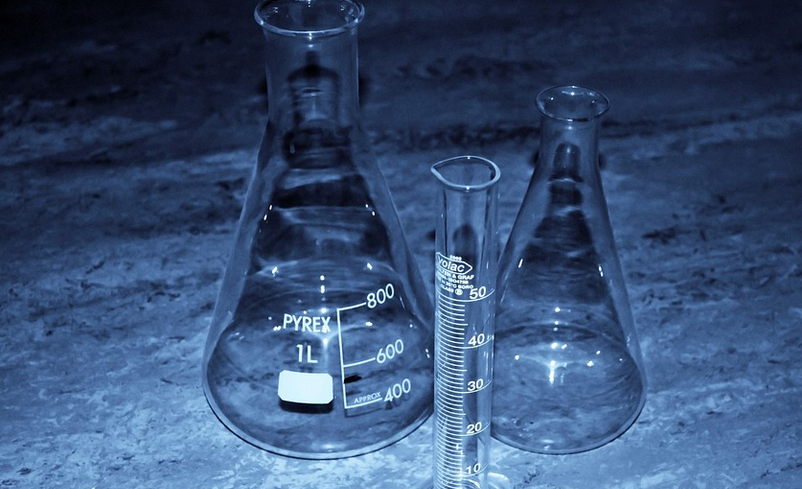The Importance of Potassium
Potassium is a vital mineral that is essential for the proper functioning of your body. It plays a major role in maintaining the balance of fluids in your body, regulating blood pressure, and keeping your heart and muscles functioning properly. Your body requires potassium to carry out various functions, and a lack of it can cause serious health problems.
The Causes of Low Potassium
Low potassium, or hypokalemia, can be caused by a variety of factors. These include excessive sweating, vomiting, diarrhea, and the use of certain medications, such as diuretics. People who have kidney disease, diabetes, or an eating disorder are also at risk of developing low potassium levels.
The Symptoms of Low Potassium
The symptoms of low potassium can vary depending on the severity of the deficiency. Mild cases may not cause any symptoms, while severe cases can lead to life-threatening complications. Some of the common symptoms of low potassium include fatigue, muscle weakness, cramping, constipation, and abnormal heart rhythms.
The Effects on Heart Health
Low potassium levels can have a significant impact on heart health. Potassium helps regulate the heartbeat, and a deficiency can cause irregular heart rhythms, or arrhythmias. In severe cases, this can lead to cardiac arrest, which can be fatal. People with heart disease or other heart conditions are particularly vulnerable to the effects of low potassium.
The Effects on Muscle Health
Potassium is also essential for muscle health. It helps regulate muscle contractions, and a deficiency can cause muscle weakness, cramping, and spasms. This can affect both skeletal muscles and smooth muscles, such as those in the digestive tract. Severe cases of low potassium can even lead to paralysis.
The Effects on Kidney Health
Potassium is important for kidney health as well. It helps regulate the balance of fluids in the body, and a deficiency can cause dehydration and electrolyte imbalances. This can lead to kidney damage or failure, particularly in people with existing kidney disease.
The Treatment for Low Potassium
The treatment for low potassium depends on the severity of the deficiency. Mild cases can often be treated with dietary changes, such as increasing your intake of potassium-rich foods like bananas, spinach, and avocados. More severe cases may require potassium supplements or intravenous (IV) potassium.
Preventing Low Potassium
Preventing low potassium involves maintaining a healthy diet and avoiding factors that can cause potassium depletion, such as excessive sweating or vomiting. People who are at risk of developing low potassium should be monitored regularly by a healthcare provider.
The Bottom Line
Potassium is a vital mineral that plays a crucial role in maintaining your overall health. A deficiency can have serious consequences, particularly for heart, muscle, and kidney health. If you suspect you have low potassium, it is important to seek medical attention to prevent any complications.

